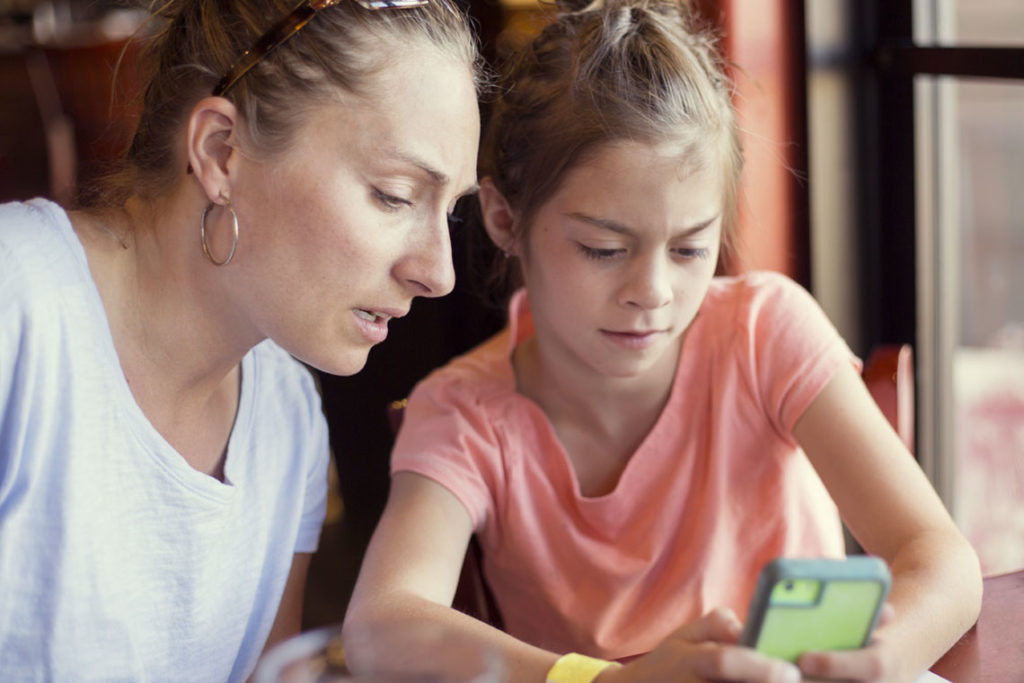
Social media platforms are designed in a manner to get – and keep – our attention so how do we reduce the time we spend on them?
How many social media platforms do you use?
How much time do you spend on them? Why do you like using them?
Whether it’s TikTok, Snapchat, Facebook, Twitter or Instagram (to name just a few), social media has wormed its way into our everyday lives and shows no sign of leaving.
But why do we like using social media platforms so much?
1. Novelty
The human brain likes novelty. It’s drawn to the hope that something new will be there when you refresh your feed on your preferred platform. In fact, though dopamine has usually been associated with pleasure, it’s also associated with want and desire. It doesn’t matter if nothing new appears when you refresh your feed, it’s the desire to see that drives us to do it. Think about it. When you get a notification, do you ignore it or do you immediately check it? That’s the dopamine hit of desire asking you to see what’s happening. That’s why seemingly pointless notifications such as “you may know this person” exist. They want to keep you in-app as much as possible. Social media platforms are also relying on you wanting to know what’s going on. It doesn’t matter if it’s global events or just within your own circle of friends, platforms are banking on you checking them a few times a day (if not more) to keep “up-to-date”. Twitter in particular thrives off this as you can log in at practically any hour of the day and find new content to keep you scrolling.2. Sharing
We love to talk about ourselves. In fact, roughly 80% of our social media posts are about ourselves. So why do we do it? Well sharing on social media has been shown to boost our self-esteem. It also gives people power over how they present their life to the world. This does lead to cherry-picking or only showing the good side of your life as opposed to a more rounded picture. However, social media platforms and the content that we see on them does affect our health. If you are angry or anxious, you are more vulnerable to misinformation. It has also been shown that spending long periods of time on social media platforms can cause heightened anxiety. A study in 2014 found that when we see expressions of negative emotions online, we are more likely to express negative emotions ourselves. It was the same for positive emotions which shows you the power of these platforms.3. Cutting down
Social media platforms can be hard to quit so if you feel like you or your child are spending too much time on these platforms, there are some things you can do to cut down.- Track your time online – This will give you an indication of just how long you’re spending on social media. It’s probably more than you think.
- Track your feelings – This will give you an insight into how social media is affecting your mood. If you’re feeling sad or angry a lot then it’s time to question the benefit of spending time on those platforms.
- Try a digital detox – Log out of the apps, delete them and then keep your phone out of sight. You can even let someone else set the password so you can’t log back in until after a certain period of time.
- Turn off push notifications – This is a really effective way of cutting down your time. Each app will have notification settings that you can adjust. This will stop apps sending you push notifications every 5 minutes.
Remember that even if you break your detox or feel yourself slipping, you’re not a failure. It takes a lot of willpower and perseverance to stay away from social media, so don’t give up!
